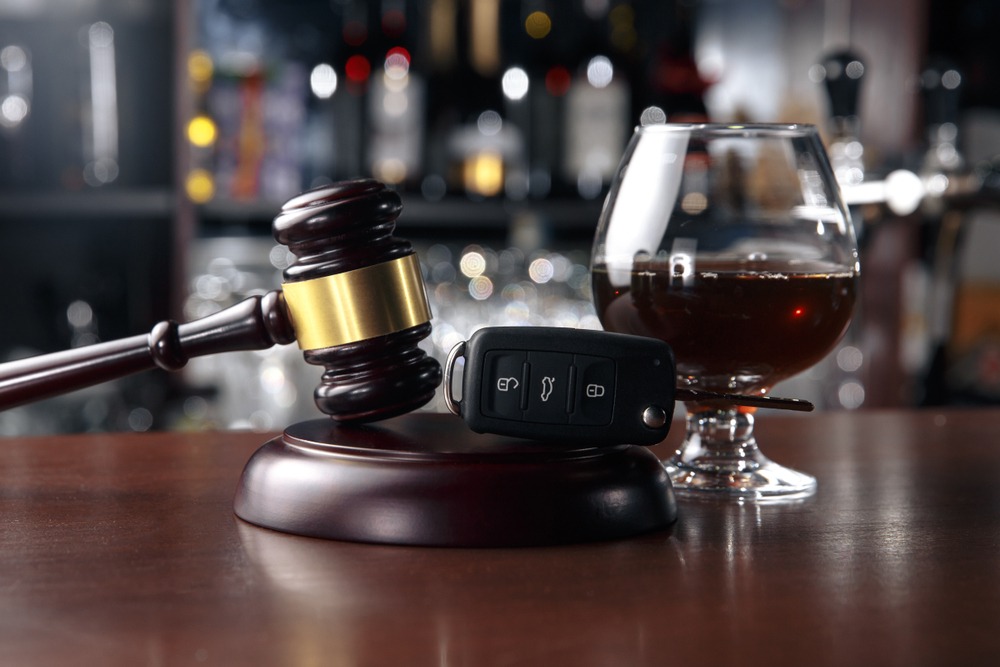Chapter 13 bankruptcy is a type of bankruptcy that allows individuals to repay their debts over a period of three to five years. It is often called a “wage earner’s bankruptcy” because it is designed for people with regular income. Chapter 13 bankruptcy can be a good option for individuals who have too much debt to repay in full, but who want to keep their assets and avoid britfox.com/ foreclosure or repossession. It can also be a good option for individuals who have filed for bankruptcy in the past and are not eligible to file for Chapter 7 bankruptcy again.
Who is eligible for Chapter 13 bankruptcy?
To be eligible for Chapter 13 bankruptcy, you must have a regular income. You must also have unsecured debts of less than $419,275 and secured debts of less than $1,365,875.
What are the benefits of Chapter 13 bankruptcy?
The main benefit of Chapter 13 bankruptcy is that it allows you to keep your assets and repay your debts over a period of time. Chapter 13 bankruptcy can also help you to stop foreclosure and repossession proceedings.
What are the drawbacks of Chapter 13 bankruptcy?
The main drawback of Chapter 13 bankruptcy is that you must commit to a repayment plan for three to five years. If you fail to make your payments, the court may dismiss your bankruptcy case and your creditors may be able to start collection efforts again.
How to file for Chapter 13 bankruptcy
To file for Chapter 13 bankruptcy, you must complete a bankruptcy petition and file it with the bankruptcy court in your district. You will also need to pay a filing fee.
After you file your petition, the court will assign you a bankruptcy trustee. The trustee will review your financial information and help you to develop a repayment plan. The repayment plan will specify how much money you must pay each month and how long it will take you to repay your debts.
Once the court has approved your repayment plan, you will begin making payments to the trustee. The trustee will then distribute the payments to your creditors.
If you complete your repayment plan successfully, the court will discharge your remaining debts. This means that you will no longer be legally obligated to repay the debts that were discharged.
If you are considering filing for Chapter 13 bankruptcy, it is important to consult with an experienced bankruptcy attorney. An attorney can help you to understand the process and determine if Chapter 13 bankruptcy is the right option for you.
Here are some additional things to keep in mind about Chapter 13 bankruptcy:
- You must continue to make payments on your secured debts, such as your mortgage and car loan, while you are in Chapter 13 bankruptcy.
- You may be able to reduce the amount of interest you owe on your unsecured debts, such as credit card debt.
- You may be able to discharge some types of debts, such as student loan debt, even if you are not able to repay them in full.
Chapter 13 bankruptcy can be a complex process, but it can be a valuable tool for individuals who are struggling with debt. If you are considering filing for Chapter 13 bankruptcy, it is important to consult with an experienced bankruptcy attorney to discuss your options.




